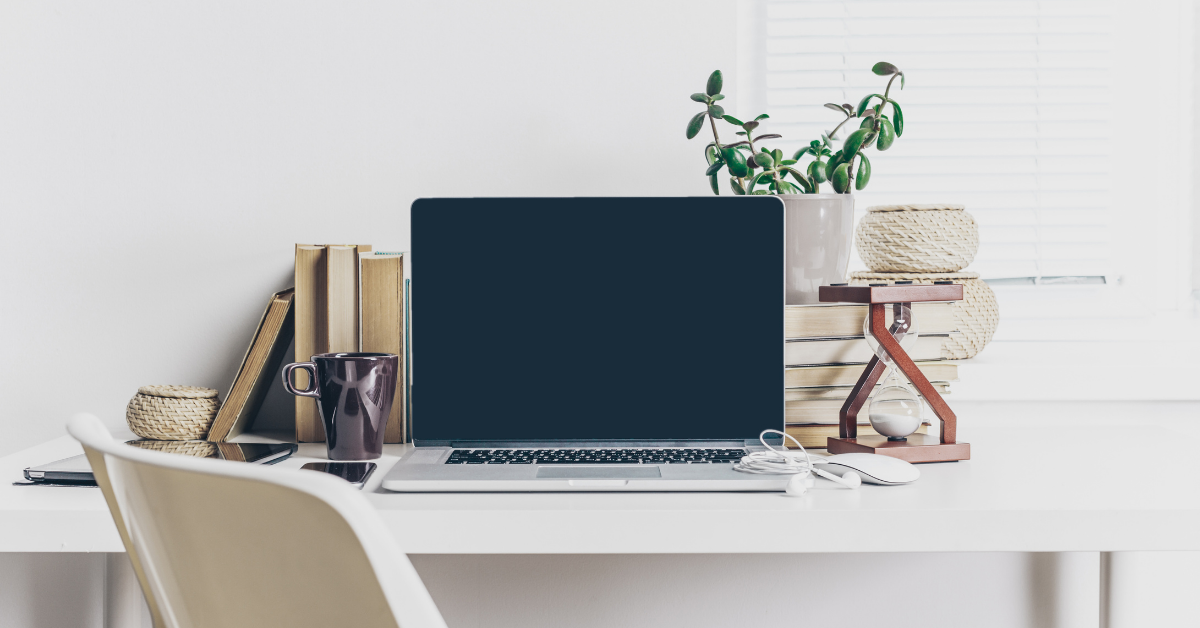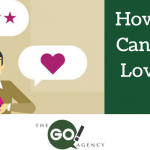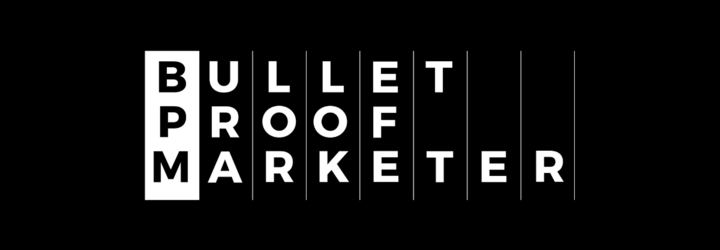How many times have you gone to a company’s website and found it either so overwhelming or limited and hard to navigate that you just…left. For years, having a website has been thought of as obligatory, something needed but not a primary source of sales or customer interaction. But as business, and the world in general becomes more online, and competition rises in nearly every industry, the fewer people are willing to fight with a poorly designed website.
If you were a brick-and-mortar location, you’d make sure that your store, office, or showroom looked impeccable before you let customers into it, right? When you don’t have a physical location, your website is the one opportunity people will have to form their opinion of you. If it’s hard to navigate or looks dated, that’s going to stand out as a mark against your legitimacy. Fair? Perhaps not. But life isn’t fair.
Navigation is the key to a strong website. What’s the end goal of your site? Selling something, right? Or some kind of conversion—sign-ups, downloads, what have you. If your site is a maze, that will directly translate into a lack of conversions. Don’t try to be clever or let artistic ambition or aesthetic preferences get in the way of the actual goal.
Finally, put yourself in my shoes: if a client sends me a website, I’m likely not going to be looking at it on my desktop. I’ll probably surf it on my phone or tablet. The most important element of good design is making sure your website looks good across the board. Assume that whoever you’re sending it to is going to open it on a cracked, 2010 era iPhone. A well-designed site should be able to overcome that.
Note, though, that poorly designed doesn’t mean sparse or underdesigned. If you have animations, pop-ups, and moving buttons assault the reader the minute your page loads they’re going to get overwhelmed and click away as fast as they can. If they really need what you’re selling, they’ll go to a competitor.
Striking the right balance on a website is difficult because it’s a lot like juggling plates. You have to capture the essence of your brand, make it easy to navigate, stack the information so users keep scrolling, and include enough information that the user is clear on where to go and what to do but not be overwhelming. Remember, the longer the page, the less the customer is going to read.
Your website is how you portray yourself to most of your customers. It’s really just like meeting somebody face to face—a lot is riding on making a good impression. We all like to come in under budget, but your professional image isn’t the place to look for savings.











